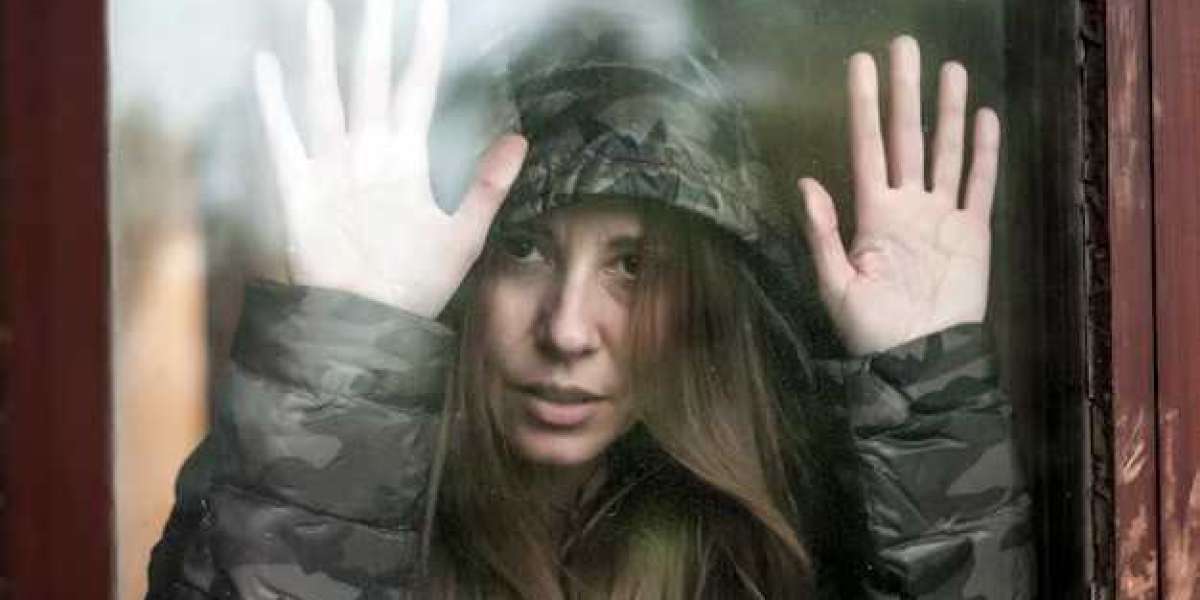Everyone thinks that the hardest part of being a soldier is fighting. It's the deployments, the gunfire, the lack of sleep. But my hardest fight was after I removed my uniform. It was a fight that no one saw, a silent, vicious struggle in my own head. It is the fight I did not enlist for—post-traumatic stress disorder.
I did not come home from the war. I came home from betrayal. I did not get wounded by a foreign enemy. I got wounded by the institution that I thought would protect me. My wound was not done to me by a firefight; my wound was done to me by a high-ranking officer who exploited his power and sexually assaulted me. The aftermath was months and years of silence, retaliation, and isolation. And it all hurt me worse than any physical wound ever could.
I didn't even realize at first what I was going through as PTSD. I just knew that I wasn't okay. I couldn't sleep. I would wake up covered in a cold sweat with my heart pounding from nightmares that dragged me back to that office, the one where everything got real. I pushed people away. I pushed being touched away. My feelings changed from time to time, and even trivial matters would have me convinced that I was sinking. I was sinking in a tempest that I could not describe.
And the bad news? I couldn't talk about it. Not really. In the military, we're taught to be tough, tough out pain, and never show weakness. I didn't want to look crazy or emotional. I'd already been adequately stigmatized when I filed my complaint. After the retaliations, the stares, and career fallout, I'd learned the value of vulnerability came with a price tag.
But the hurt did linger. It spilled over into civilian life. It spilled over into all my relationships. I didn't easily trust. I was constantly hyper-vigilant to my surroundings. I was cut off from the world around me much of the time. And when I attempted to seek help, the system that failed me initially failed me once more. Medical records had been lost. My trauma had been deleted from the records. The Army's version of my tale didn't include my suffering.
There were times when I was invisible. Times when I wondered if I would ever be whole again. But deep down, I knew silence was no longer an option. I could not continue to bear the weight alone. I began to write. First, for myself, pages of memories, questions, anger, and grieving. Then, slowly, a story began to form, which was my story.
Writing Secrets of the Uniform was like ripping open a scabbed, oozing wound and washing it clean—painful but healing and liberating. For the first time, I was telling my truth without apology or permission. And in so doing, I began to heal.
Healing for me was not a linear process. Some days, I was okay. Some days, all the memories crashed into me like a tidal wave. But today's difference is that I'm no longer drowning. I have built a life raft out of the love and support of those who believe in me, therapy, advocacy, and a strength I didn't even realize I had.
PTSD isn't flashbacks and nightmares. It's learning to live after trauma has changed the way you perceive the world. It's learning to love yourself when the world shows you that you are worthless. It's learning your voice when it has been silent for far too long.
I still bear my scars. But I no longer keep them hidden. I wear them as proof that I lived and that I'm still fighting, not for me, though, but for every service member who's ever been told to shut up, get over it, and move on. Because not all wounds bleed, and not all battle scars.
If you are here and have navigated this suffering, here is what you must know: you are not alone. Your suffering is not your fault. And seeking help is not something to be ashamed of. To speak out is not an act of weakness—it's the ultimate act of courage.
The battlefield is behind me, but the war for peace continues. I decide to heal daily. I choose to fight for justice every day. And I decide to survive daily, not as a victim, but as a survivor who shall not be silenced.











